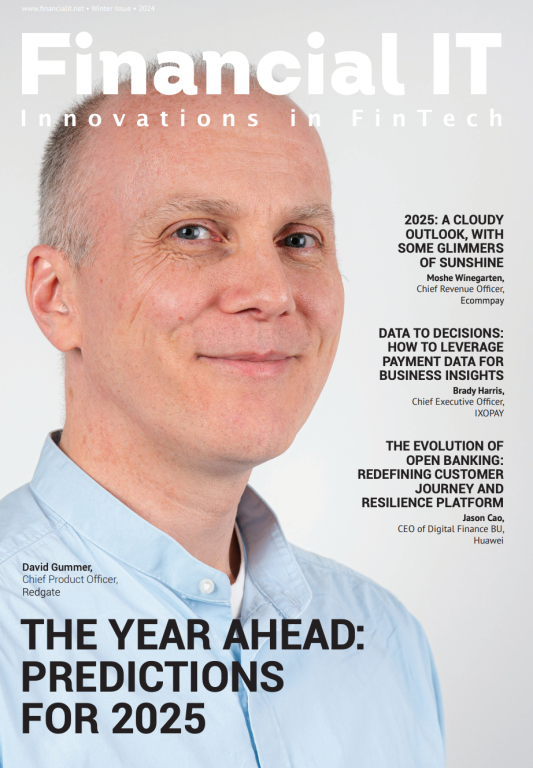Should Employers Have a Role in Advice?

- Kirsty Worgan, Business Development EMEA at Bravura Solutions
- 14.03.2016 06:00 am undisclosed
Pension freedom has created a greater need for at retirement advice, but consumers also have pressing advice needs around reducing debt and protecting their families. Employers provide a pension, but can they play a role in advice too? What about other areas of financial planning, can employers be expected to take the load?
Many believe there’s an advice gap and that the RDR is to blame and the Financial Advice Market Review (FAMR) will help address it. It’s interesting - but not surprising - that the complexities of this market have been distilled into a simple cause and effect. I suspect some areas of the retail investment sector are applying their own biases to the situation.
The alternative view argues that demand is low because people don’t understand the long term benefits - or cost - of advice. We have an issue around consumer engagement, rather than actual access to advice. Auto-enrolment has meant the industry’s engagement focus has been to get people into the right investment option and contributing enough. It’s not been about the benefits of help at the right time.
Trust and effective segmentation
If we look at this from a consumer perspective things become clearer. The Financial Services Consumer Panel (FSCP) response to FAMR pulls out the issues of trust and segmentation. Generally, people go to a trustworthy source rather than seek out a financial adviser. Employers feature as one of those sources; people who have been to an employer pension seminar have more confidence to shop around for their annuity. When it comes to segmentation, the FSCP calls for better research and understanding into segment advice needs within the context of broader life events, and attitudes. This is complex.
What’s the answer?
There’s no one solution to the engagement gap. Investment product providers may use analytics and technology to get the right information to their customers at the right time. But arguably this doesn’t solve the trust issue and consumers need help to understand any product bias.
Employers have the ability to help remove barriers to trust and segmentation. Employees generally trust their employer and after all, who has better knowledge of a particular cohort than an employer?
Auto-enrolment has increased costs and compliance burdens for employers, and they feel the effects of any tweak to pensions legislation. We can’t expect employers to be accountable for the engagement that helps people access the right advice at the right time. However, employers must be an influential conduit for education and advice.
Consider the vast sums spent by the Government promoting Pension Wise and auto-enrolment. These campaigns have targeted consumers using a broad brush approach. Assuming we buy into the notion that messages are better understood when they’re relevant and targeted, then perhaps Government sponsored help for employers to educate their employees is more sensible.
The key to successfully tackling poor engagement with advice? Blending analytics and technology with an employer’s personal access to employees. Responsibility lies with the financial service industry and the Government to help employers become that conduit in the most effective way.





















